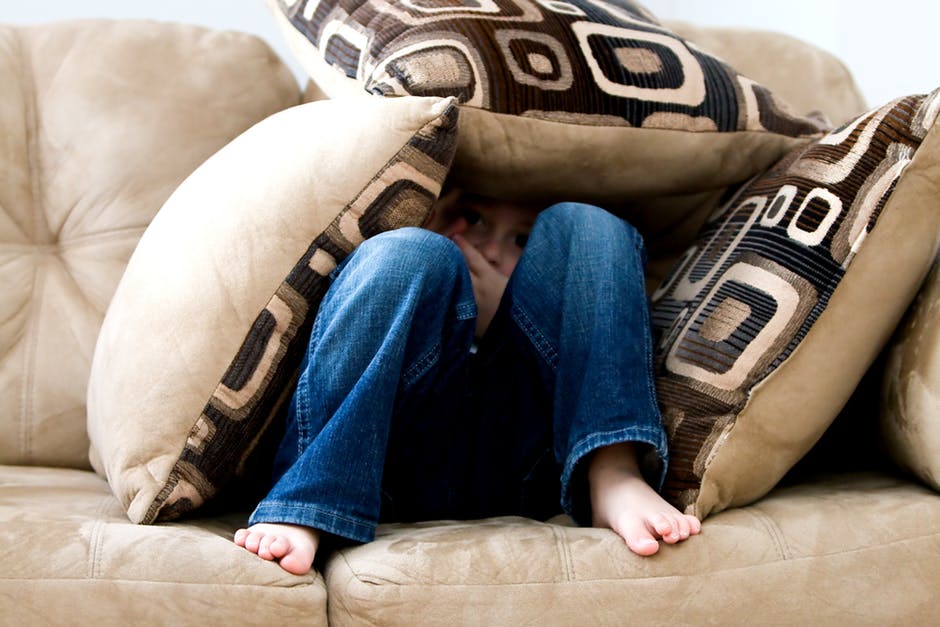“I’m bored.” A phrase that many parents hate to hear. It is often accompanied by whining and an expectation that the parent will come to the rescue and provide sufficient entertainment.
Boredom is not a terrible state that we should prevent at all times. Boredom provides time for your child to learn to engage with themselves and their environment in new ways. It promotes creativity, exploration, flexibility, self-direction and initiation. Parents want their child to develop these skills, but it can be difficult to tolerate the frustration you feel when your child is begging for you to solve their boredom. Parents should first monitor and manage their own emotional response during these moments, as it may be necessary to improve one’s own acceptance of an uncomfortable situation in order to model this to your child. Spend 5-10 minutes giving them some direct attention and you may see that they are quickly refueled and able to direct themselves into another task. They may need help with ideas, especially if they have become used to quick play alternatives (electronics) or a schedule full of structured activities. Be prepared by having a list of ideas to remind them of the many games, activities, art supplies, and other options available to them. Have them help you create this list, and update it as their interests change.
Will they resist this at first? Sure, it may take time for them to adjust to not having the immediate stimulation of a video game, or the easy fix of a parent defining what comes next. Over time you will likely see them pursue creative play outlets, old toys, cooperative play with siblings, or time with peers. It can also help increase frustration tolerance and lessen irritability. Encouraging self-directed play will help build a foundation for advanced self-direction later in adolescence and adulthood, such as being able to recognize what needs to be done and initiating the task independently. Self-directed time is essential for children, and if we want to nurture this, we have to accept that it may start with boredom.
One question you may need to ask yourself is, “How do I model creativity, flexibility, and self-direction?” If you have a hard time putting down your phone, or not answering every call or text immediately, or doing a variety of activities to nurture your own creativity, perhaps you could use your own boredom buster list. Yes, this may require some discomfort and accountability, but you are modeling something to your child; is it what you want them to mirror? Support your child in their frustration if they are having trouble with unstructured time, but make sure to create space for them to grow in their self-direction and creativity. I hope the next time you hear “I’m bored,” it won’t feel like such a bad thing.
Check out our Pinterest page for some boredom buster ideas (search for Meghan Barlow and Associates). If you are concerned that your child is struggling to develop important social skills that facilitate play with other kids, check out our social skills groups as a way to develop and strengthen social cue awareness, identification of emotions, and self-expression.

